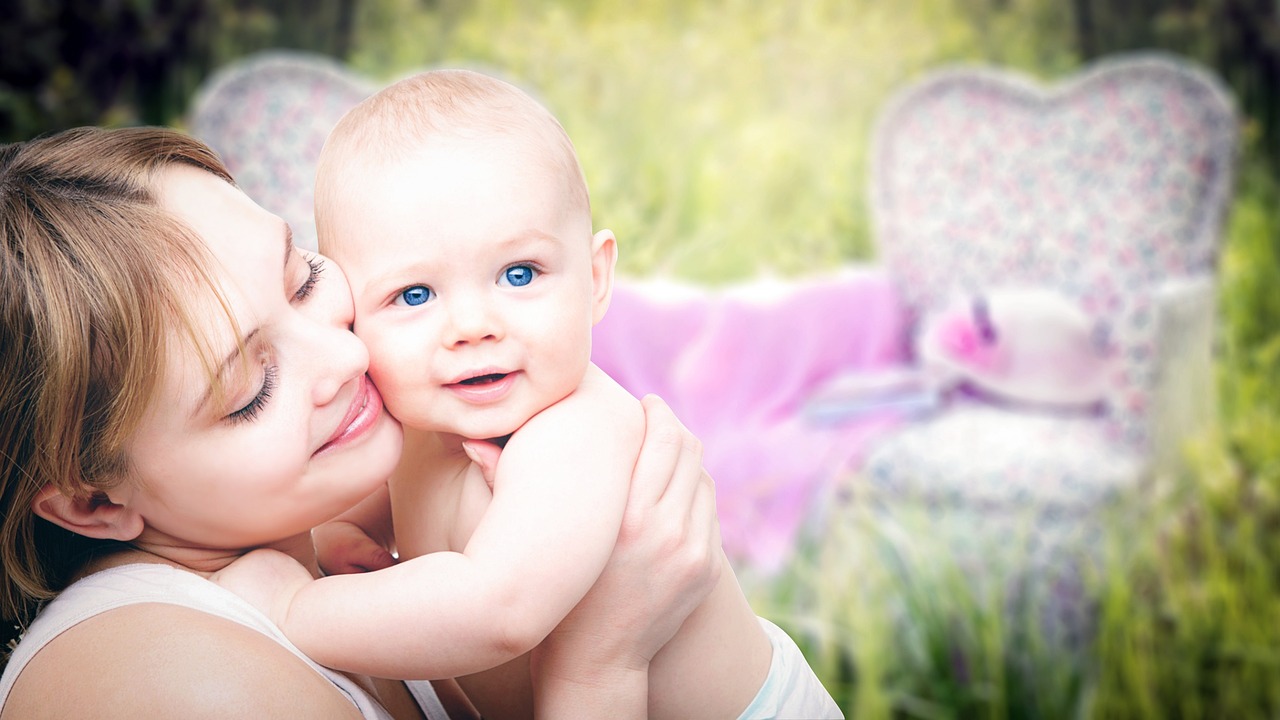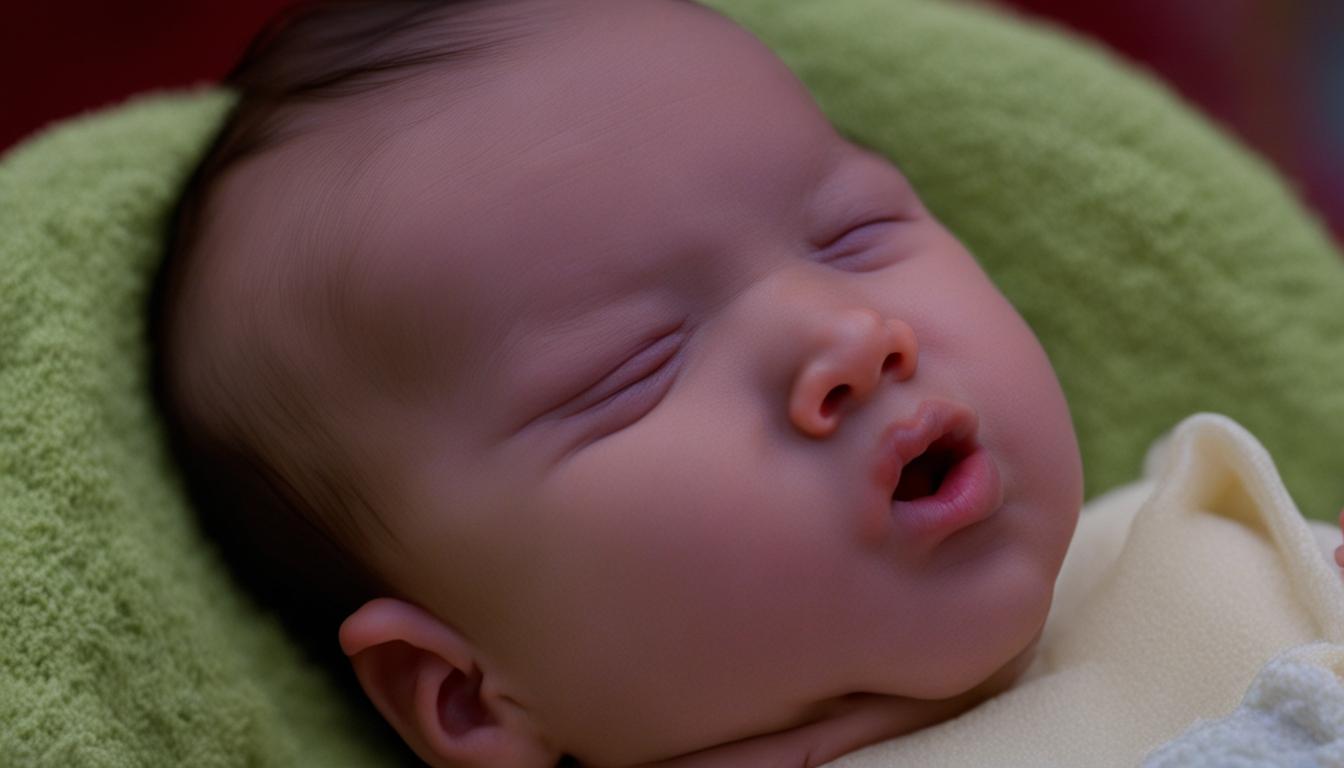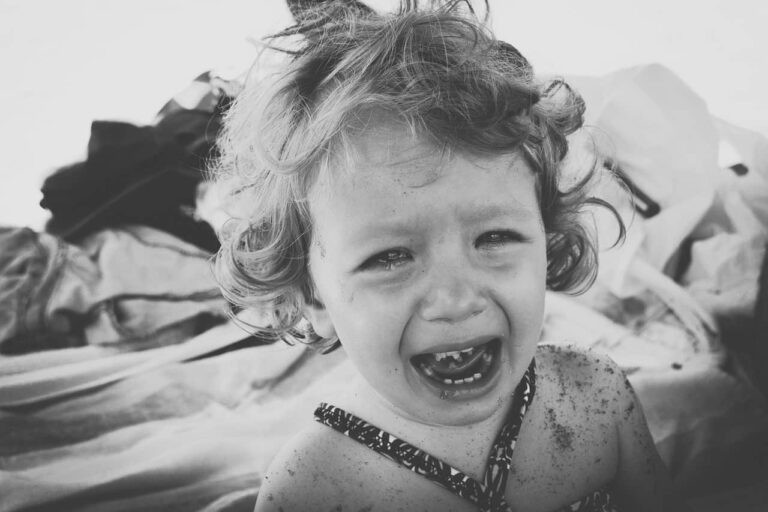How Parenting Affects Mental Health : Parenting and Mental Health
In this guide, we are going to look at how parenting affects mental health. As you may know, mental illness is an emotional and psychological disorder that affects how people behave, feel, and manage their daily activities.
Several conditions make up mental illnesses and all of them are triggered differently. Such conditions include the following:
- Anxiety
- Bipolar disorder
- Depression
- Antenatal and postnatal depression
- Obsessive compulsive disorder
- And schizophrenia, among other conditions
The extent to which someone can experience mental illness depends on many factors. As for parents, some of them may experience mental issues for only a short period.
For instance, most parents may experience postnatal depression during their first weeks or months right after bringing their bundle (s) of joy. This happens even if the parents have never before experienced any mental illness disorders.
However, things like hormonal changes, baby stress, and emotional turmoil, among other things are inevitable at this time. Hence, that’s why most parents end up suffering from mental health conditions.
Although most mental conditions such as chronic depression or anxiety can become long-term problems, all hope isn’t lost. The key to preventing such outcomes is seeking help as soon as you start noticing this yourself or from your partner.
Parents and Mental Health
Most parents suffering from any form of mental health have a hard time explaining to their kids what is happening. What’s more, the situation even worsens if the kids are too young to understand what exactly their parents are going through.
As a result, most children, young or older end up feeling unsupported if their parents are suffering from mental illnesses. This is bad news because now anxiety and distress may easily spread across the entire family.
At this point, immediate mental and social support for both the parents and children becomes mandatory to save them from drastic effects. Most children grow up with parents who have mental health issues and this trickles slowly but solidly into their system.
Whether mild or short-term problems, mental health issues in parents can always have negative results on their children. According to estimates, about 50% – 65% of parents suffering from mild or severe cases of mental illnesses are living with children below the age of 18 years.
That’s a huge number to take into consideration because most of the results from such a setting are negative. So, how does parenting affect mental health?
How Parenting Affects Mental Health?
Parents suffering from mental health conditions can start finding it difficult to cope with their issues when parenting. This is mostly notable when parents suffering from this condition start to feel under pressure to balance their roles and priorities.
If you are a mother, you have different roles to focus on such as your children, being a partner to your husband, and your mental problem. What’s more, the experience can be more devastating if you are a working mom.
When you combine all the roles and priorities together, striking a balance between all of them becomes a problem. That’s because you won’t be operating like your normal self because of the existing mental health problem.
As a result, the parenting or partner role starts to develop some cracks and if not well attended to becomes too much to handle. If a parent can’t manage their mental health issues while at home, admission into a facility with such services becomes necessary.
When this happens, the stability between the parent and the children slowly becomes under siege caused by different disruptions. And if parents decide to focus more on their bond and stability with their children, they might easily neglect focusing on their mental health.
Considering that the parent will still be suffering, this sacrifice may worsen his/her condition even more. As you can see, such an action won’t benefit either side of the coin in the long run.
Parents’ Mental Health Problem Effects on Children
Parenting is one of the most essential parts of any child’s development process. What’s more, parenting doesn’t only deal with legitimate parents with their legitimate children.
Not at all because most children aren’t fortunate to actually grow with their legitimate parents. Therefore, parenting is a set of standards that are employed into a child’s system while they are young.
It is their daily environment, schooling, people around them, and their home’s atmosphere, among other associated things. Parenting is a foundation for creating a perspective of life for your child as they grow and develop mentally, physically, and emotionally.
So, this is a very crucial process for your child and ends up determining a lot on the type of person your child becomes in future. Now, what happens when a child lives with a parent or guardian suffering from mental illness?
First, children living with parents suffering from mental health problems report high levels of psychological, behavioural and emotional problems. This of course is completely different when compared to children living with parents who don’t suffer from any forms of mental health problems.
Some may argue that such results could be triggered because of genes, which passes the condition down to their children. On the other hand, it could be something as common as just living under such an environment that causes children to end up that way.
For instance, many parents with mental health conditions aren’t as productive as their other counterparts. Hence, such parents may easily fall into poverty, which can end up affecting their children’s mental health while still young.
Additionally, children tend to care for their parent’s well-being even from a tender age. So, it becomes difficult for them to see their parents in a not-so good condition.
As a result, some of these children may easily develop feelings of anxiety and insecurity because of their parent’s condition. The case may become worse if the children get stigmatized because of their parent’s condition and start getting bullied in school.
Moreover, some children may be reluctant to ask for help from the fear that they might get separated from their parents. This is completely understandable considering that the parent-child bond is a very strong type of bond.
That’s not all, other children may be forced to sacrifice their social and academic focus to their parents. Remember, most children with parents suffering from mental health problems are young.
This means that they are only discovering themselves and having a parent suffering from such conditions becomes even harder for them to balance their priorities. Therefore, this will inevitably affect them negatively in various ways.
What to Expect from Your Child
As hard as it may be for you, your child is also bound to experience some emotional and psychological issues. That’s because they will be exposed to your problems and handling it by themselves may become difficult.
As explained earlier, the environment in which a child is exposed to plays a significant role in their development phase. Thus, the following is what can be expected from a child living with a parent or parents with mental health conditions.
- Fear
Like you, your child also contemplates and thinks about the future too. And when living with you when you are suffering from mental illness, the fear of negative outcomes will always be higher in your children.
Your child may fear how other people will think about your condition as their parent and your ability to take care of them, among other associated thoughts. To avoid this, ensure that you have a sit down with your child or children and reassure them of better outcomes with a solid plan.
- Anger
This is another common reaction from children with parents suffering from mental health conditions. If you have younger children, they may get angry at you because of your condition.
That’s because most young children may blame you for getting ill for a lack of better way of understanding you. And because of their young age, you can’t blame them but only focus on making them understand you the best way they could.
As for older children, understanding you isn’t usually a problem or a cause for their anger. Instead, they start getting angry at God, if you are religious people, and other external forces.
Similarly, older children may get angry at life seeing how much it’s unfair from their perspective. Remember, it’s hard for your kid to school or play with friends that have parents with normal mental health compared to theirs.
Ensure that you take immediate assistance to help your child cope with anger issues arising from your illness. And try to make it sooner after noticing the issue to avoid unfavourable outcomes in the future.
- Shame
As you may know, mental illness is still an understood and stigmatized issue in most societies. This is despite there being many efforts to bring more awareness and understanding about the problem.
As a result, your child might feel embarrassed by your condition. This might come about from the fear of your condition negatively affecting their social life.
Again, you should have a sit down and explain to your child that this isn’t something to be ashamed of and should be understood instead of stigmatized. Make an effort to educate them more about this issue from a young age and it will help your child, as he/she grows older and wiser.
- Guilt
Children may also blame themselves because of your mental health condition especially if you are suffering from depression or anxiety. Your child may decide to perform a large part of chores in the house as a way of indicating their guilt.
Similarly, children who feel guilty about their parent’s mental illness will most likely hide their problems to avoid stressing out their parents even more. Again, you should have an open conversation with your child and explain to them that your condition isn’t their fault.
Explain to them that helping out in the house isn’t a problem but they shouldn’t be doing it as a way of beating themselves down. Lastly, reassure them that you still love them and that they are still your main priority.
- Sad
This is to be expected considering that no child wants to see their parents suffering. Even if you and your child’s relationship isn’t as good as it should be, children have an instinct that drives them to care for their parents.
Therefore, you should talk to your doctor to see how they can help you keep your children from feeling sad, while you are dealing with your condition.
- Your Child may feel Anxious
Anxiety is another way of your child showing that they are worried about the outcomes from your condition. As a result, your child may decide to pay little to no attention to their social and academic lives.
To help them, try incorporating a balance between their emotional and mental health. Understandably, it might be too much for you to do considering that you are also dealing with your mental illness.
At this point, you should seek social and mental help for your child to ensure that they don’t fall victim to your condition without even knowing.
- Might be a Relief for your child
Surprisingly, some children may feel relieved one they realize that their parent (s) is suffering from a particular mental illness condition. That’s because learning about it might finally explain to them why you’ve been behaving or reacting in a different way than your usual self.
Conclusion
As you have seen, there are different ways on how parenting affects mental health. On the flipside, mental health also has a significant impact on parenting and the children involved.
First, parents suffering from mental health need to understand that their condition affects more people. From their partner, children, friends, family, and colleagues, among other relationships.
Therefore, there is a large circle to strike a balance and the best way to do it is by seeking professional help. This will significantly help to prevent further damage on the aforementioned relationships.
Remember, mental health is an essential part for everyone even if you aren’t a parent. It affects the circle around you and the best way to keep you and your loved ones safe is seeking help immediately.









